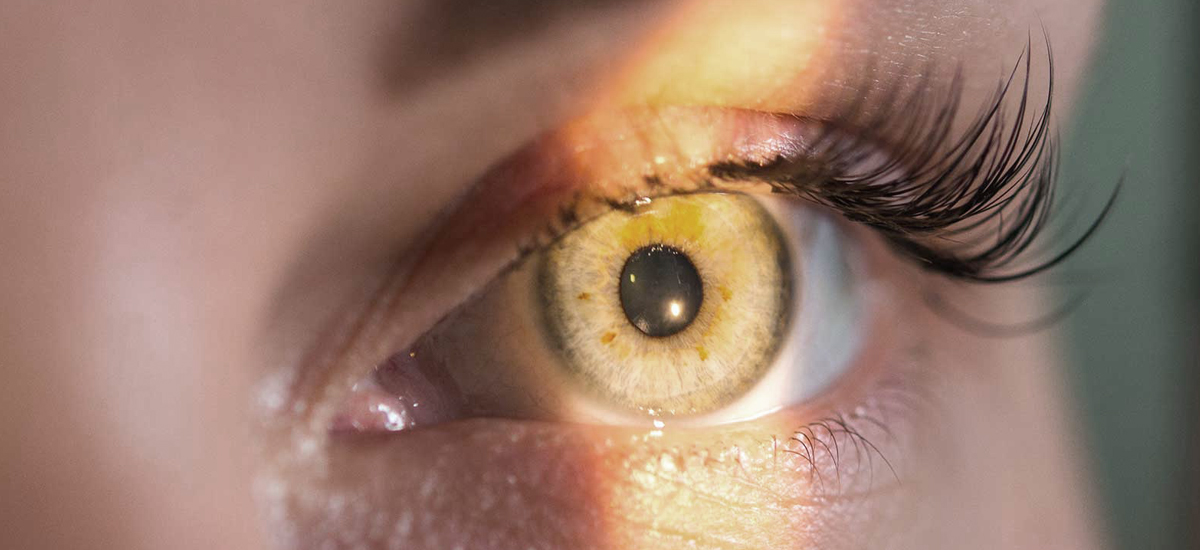Will My Child Outgrow Farsightedness?

Knowing that myopia affects so many children every year, you might be wondering about the other refractive errors, such as hyperopia (also called farsightedness). What is farsightedness? It’s a vision issue defined by the following characteristics:
- It provides the best vision of things that are far away but can make it challenging to see details at close range.
- Hyperopia can happen due to the cornea having only a small curve or another abnormality with the eye shape or size that guides light to the wrong part of the eye. That can make near vision blurry.
As a parent, you might be uneasy about the effects of farsightedness in children. Today, we’re going to cover some ways to tell if your child might have hyperopia and answers to FAQs, such as, ‘Will my child outgrow farsightedness?’ Let’s get started.
What are the symptoms of farsightedness in children?
Hyperopia can affect your child in a similar way that it can affect you as an adult by making it hard to see or focus on projects close to the face. If you think your child is farsighted, be on the lookout for these symptoms:
- Squinting or straining of the eyes when viewing objects up close
- Tired eyes after doing schoolwork or other near tasks for too long without breaks
- Trouble paying attention to activities and items that are close to the face
Sometimes, it might also feel like your child has a short temper if they spend too much time on near tasks without resting their eyes every so often. We suggest reminding your child that it’s okay to take a few minutes away from activities that are affecting their eyes. Working in intervals is important for your child’s eyes to get the break they need.
Will my child outgrow farsightedness?
Everyone is different. Some children’s symptoms may decrease with time, while others’ symptoms may become stronger. If you’re worried about how your child can manage their farsightedness symptoms as they get older, we recommend scheduling them an annual comprehensive eye exam.
After age 6, every child should see an eye doctor every year. The optometrist will see if your child requires a change in prescription. Keep in mind that not everyone needs glasses or contacts for farsightedness. Some farsighted children--and adults--can do fine without corrective lenses.
Ask your eye doctor what’s right for your child’s eyes. Our team will use the eye test results to make recommendations for your child’s vision. And if you have any questions, we’re here to assist you.

Summary: Does farsightedness improve with age?
Children with hyperopia can experience many symptoms, including but not limited to strained eyes or agitation after fixating on a near vision activity for extended periods. While this symptom doesn’t necessarily mean your child is farsighted, it’s a symptom that many farsighted kids--and adults--have in common.
Are you curious about the question: ‘Will my child outgrow farsightedness?’ There’s no way to tell if your child’s hyperopia symptoms or condition will go away. To monitor the progression, we suggest bringing your child in for an eye examination every year.
The eye exam will give the Independent Doctor of Optometry a complete look at your child’s eye health. It will also provide insight into any existing or new refractive errors.
Book your eye exam at For Eyes
Have you had your annual comprehensive eye exam? Schedule an appointment with an Independent Doctor of Optometry at your local For Eyes.











